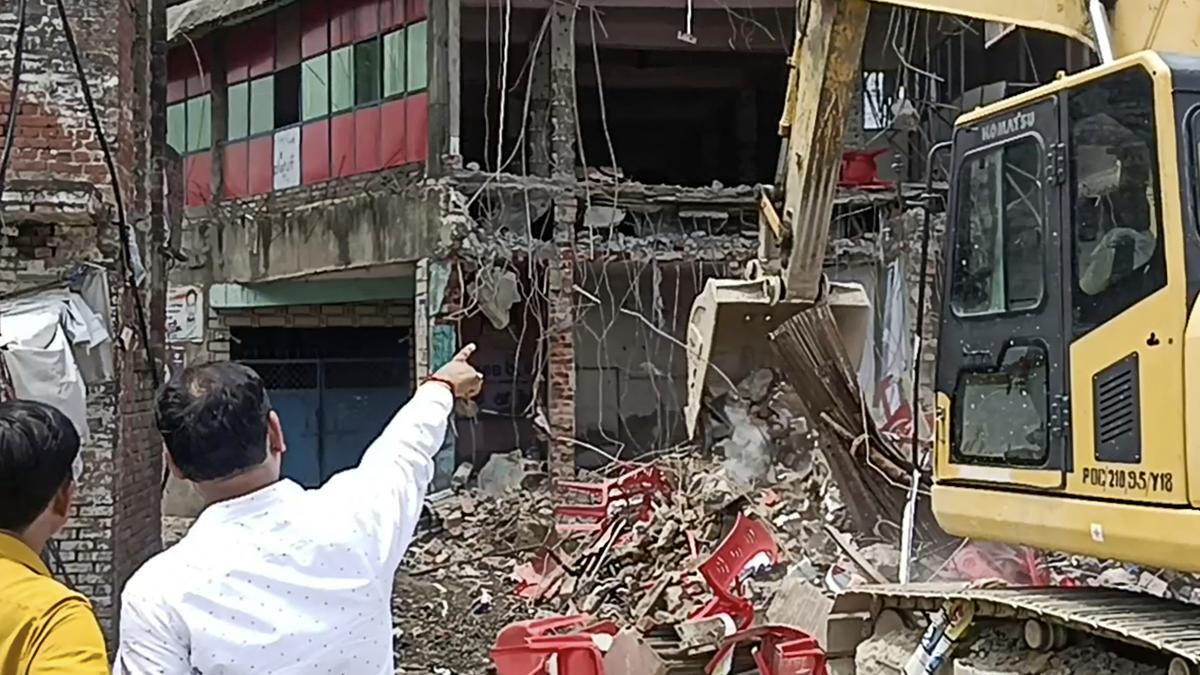 |
|
The article revolves around the pressing issue of state-sanctioned demolitions in India and their impact on human rights, particularly for vulnerable communities. UN Special Rapporteur on Adequate Housing, Balakrishnan Rajagopal, presented a compelling argument before the Supreme Court, denouncing these demolitions as an aggravated form of human rights violation. He emphasized that such demolitions, often executed arbitrarily and punitively, are not only unjust but also serve as a tool for land grabbing, particularly targeting marginalized communities.
Rajagopal's application to intervene in the 'bulldozer demolition' case highlights the alarming trend of using demolitions as a means of crime control and punishment, particularly against minority communities. He argues that such actions constitute cruel and degrading treatment, violating international human rights law. He further emphasizes the disproportionate impact of these demolitions, noting that over 7.4 lakh people have lost their homes due to state-driven demolitions since 2022, with a disproportionate number of those affected belonging to historically marginalized groups, including Scheduled Castes, Scheduled Tribes, and religious minorities.
The article underscores the gravity of forced evictions, emphasizing their contribution to homelessness and violation of the right to live in security, peace, and dignity. Rajagopal argues that demolishing homes or shops based on minor technical violations or 'encroachments' is an extreme measure that contravenes international human rights guarantees, including those outlined in the International Covenant on Civil and Political Rights (ICCPR) and the International Covenant on Economic, Social and Cultural Rights (ICESCR). These covenants, which India is a signatory to, affirm the right to privacy, family, home, and freedom from forced eviction as fundamental human rights.
Rajagopal's intervention in the Supreme Court case signifies the urgency of addressing the issue of punitive demolitions in India. His arguments, rooted in international law and human rights principles, challenge the rationale behind such actions and call for a more humane and equitable approach to urban development and law enforcement. The case underscores the need for greater scrutiny of state actions that impact the fundamental rights of citizens, particularly vulnerable communities, and for ensuring that such actions are conducted in accordance with due process and respect for human dignity.
